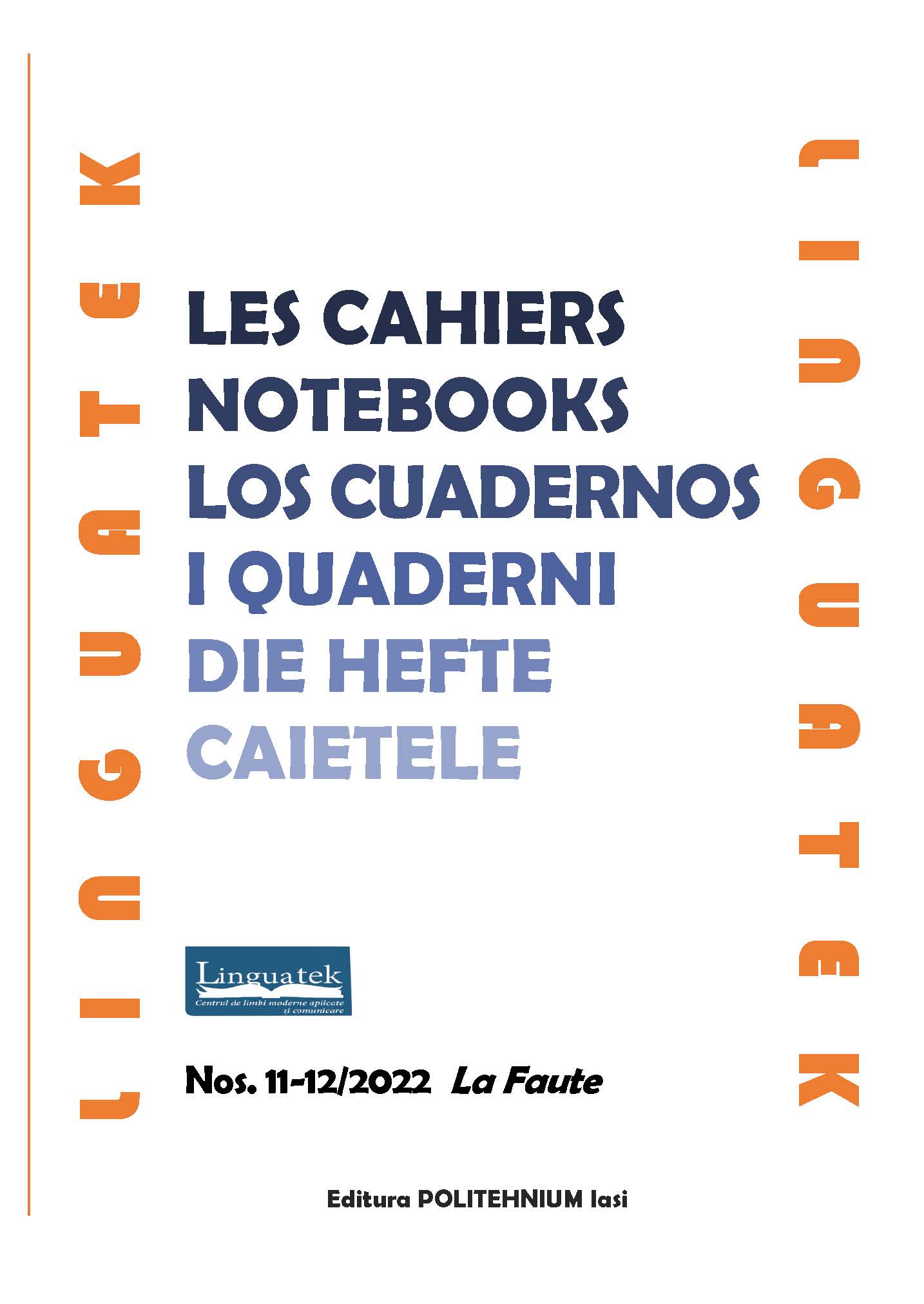L’ERREUR LINGUISTIQUE DANS LE PROCESSUS D’APPRENTISSAGE D’UNE LANGUE ETRANGERE
The Linguistic Error in the Process of Learning a Foreign Language
Author(s): Carmen González MartínSubject(s): Foreign languages learning, Language acquisition
Published by: Editura Politehnium
Keywords: error; student; learning; foreign language; didactics;
Summary/Abstract: In foreign language teaching, error has been the subject of reflection and analysis for over thirty years. The question of error among learners of a foreign language has generated debate and controversy among professors and researchers. The academic perspective on linguistic error has evolved in recent years. It has gone from a negative conception giving rise to a sanction, to one where errors are presented as clues to understand the learning process and as helpful guidance to identify the difficulties of students. For the learner of a foreign language, reflecting on the error is a favorable way to access a better understanding of the studied notion. This reflection helps them discover the way they process information and gain autonomy in the learning process over time. For the professor, the exploitation of the error is an instrument of pedagogical regulation making it possible to discover the learning approaches of the students. Errors also help the professor identify student needs, differentiate pedagogical approaches, and evaluate them appropriately. Finally, from a professor’s point of view there have always been two fundamental questions with regards to errors: what to correct and how to do it. With regards to students, learning a foreign language has often come with many errors in the use of fixed sequences such as collocations, proverbs, refrains, etc. These errors usually occur because there is a cultural element that must accounted for as well as the context of enunciation.
Journal: LES CAHIERS LINGUATEK
- Issue Year: 6/2022
- Issue No: 11-12
- Page Range: 73-86
- Page Count: 14
- Language: French

